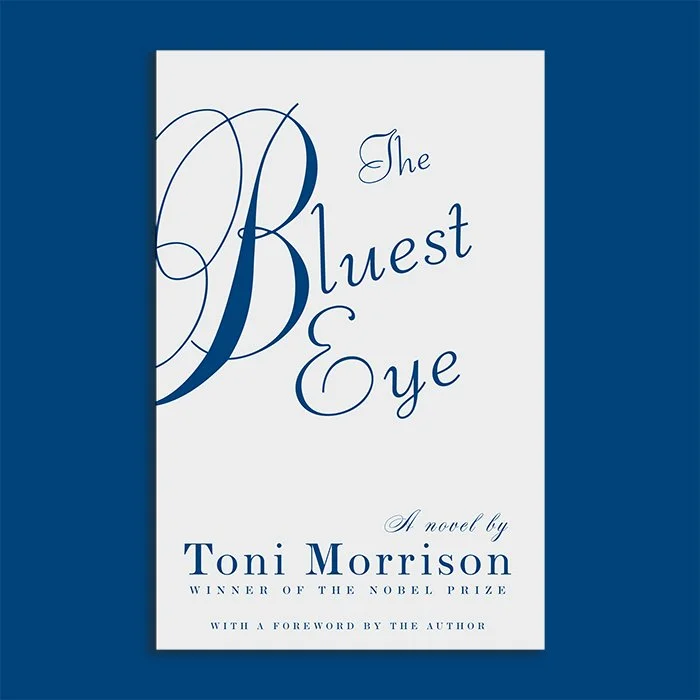Critical reception has failed Mindy Kaling, the writer and creator of several popular TV shows including The Mindy Project (2012–2017), Champions (2018), and Never Have I Ever (2020–now). Though her most recent venture, Never Have I Ever received plenty of praise when it first aired on Netflix in April 2020, critical reception also quickly revealed the viewer’s assumptions that make complex messages written by women of color difficult for audiences to notice.
Read MoreHow white supremacist patriarchy interprets and values the bodies of Black women is one of the key points of Toni Morrison’s The Bluest Eye. The Black body’s value, as suggested by the text, is determined primarily through physical beauty according to a white aesthetic. In the novel, beauty standards for women have explicit ties to race
Read MoreThe European fairy tale tradition began with oral folktales from different regions throughout the continent. Writers like Giambattista Basile (1566 – 1632) of Naples and the German brothers Jacob (1785 – 1863) and Wilhelm (1786 – 1859) Grimm were some of the first to compile stories from Western Europe into anthologies, spreading these folk and fairy tales to a wider audience and bolstering widespread interest in them over the next several centuries.
Read MoreThe Rijksmuseum identifies Dirck’s Jacob Cornelisz Painting his Wife Anna as a commemorative family portrait, which has been the most common interpretation of Dirck’s painting in recent scholarships of the past two decades. In fact, the Renaissance experienced increasing social and cultural practices to commemorate family identity and lineage through various means, including the commemoration of the dead through art production such as portraiture and bust sculpture.
Read MoreWhile the philosophy of religion project requires an outsider perspective, the African American student—as a cultural insider whose religious background lies in the Black Church—examining gospel music cannot always separate personal memories and experiences from their inclination to interpret Mother Ford’s experience as religious or mystical. Having witnessed the frenzied behaviors of individuals singing gospel makes an outsider perspective difficult to attain for those individuals. In this article, I blur the lines of the Durkheimian perspective on the sacred/profane dichotomy to underscore the nuances of reading gospel as religious material.
Read MoreEvgeny Zamyatin’s We (1920–1921) was the first work banned by the Soviet censorship board, Andrei Platonov’s The Foundation Pit (1929–1930) met a similar fate just nine years later, and both writers suffered extreme marginalization afterward. Given this, one wonders why and how they and so many other authors of the period criticized the regime indirectly at all.
Read More





